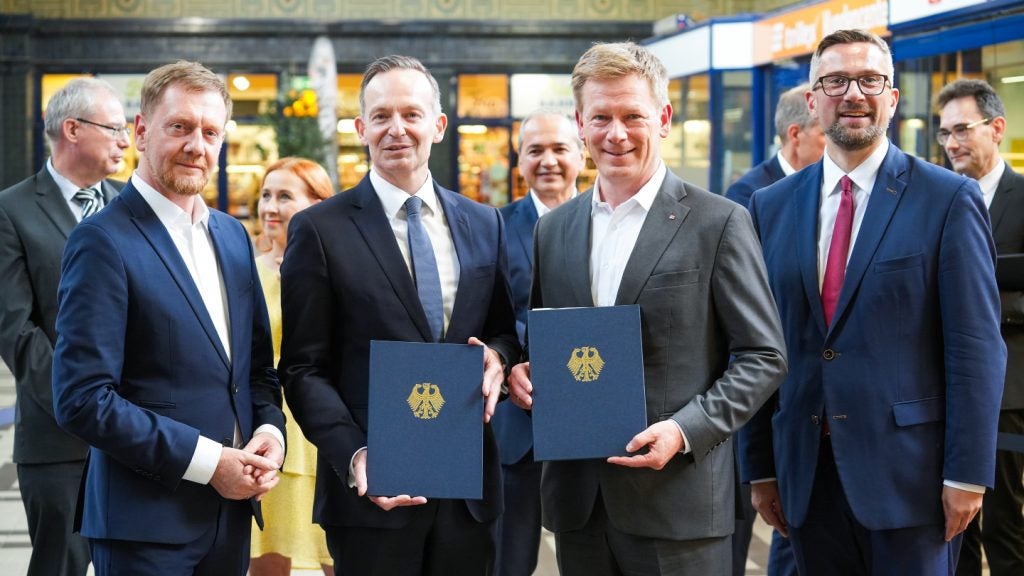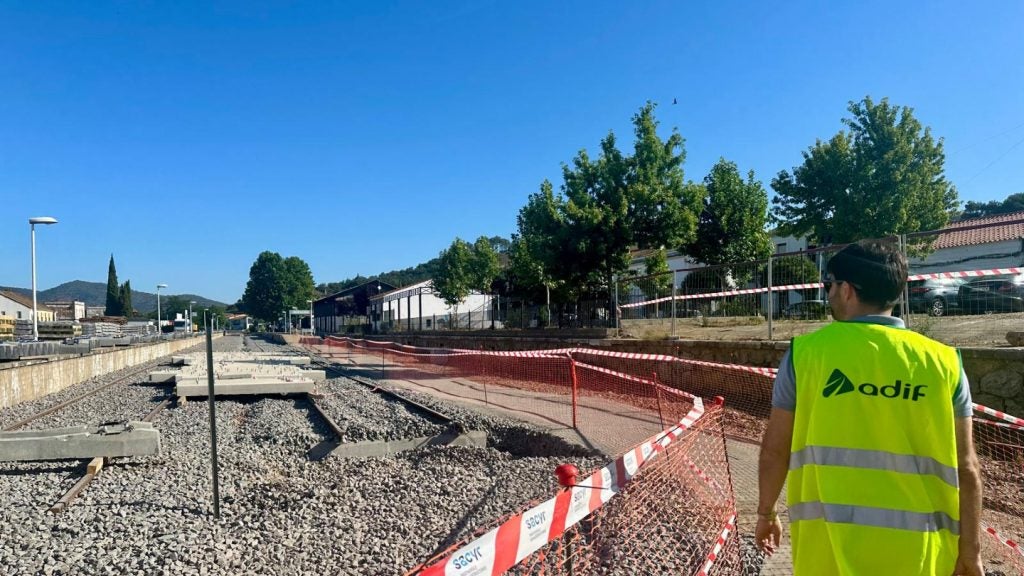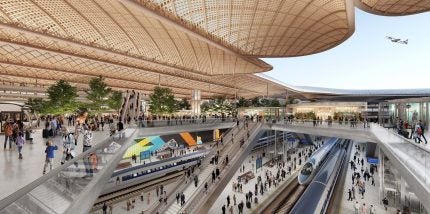
According to the GlobalData project database, 250 rail construction projects broke ground in 2023, with a combined cost of $249.8bn. This is roughly the same as the number of railway projects that entered the execution phase in 2022, but the capital expenditure has halved compared to the 2022 figure of $500bn.
In previous years Asia has dominated the list of rail construction projects, and this year is no different with 42% of all railway projects to break ground in 2023 located in the continent. India is home to the most construction projects with 40 entering the execution phase over the last year, followed by China with 28.
The most common type of rail construction project to break ground over the last year was mass rapid transit or metro projects. Almost a quarter (24.8%) of all railway construction projects across the globe were mass rapid transit or metro projects, costing a total of over $87.4bn.
Of the top 10 most expensive rail construction projects of 2023, seven are in Asia, showing the continent’s hunger for rail megaprojects. Half of the top ten most expensive rail construction projects in 2023 were mass rapid transit or metro projects.
So, here are the 10 most expensive rail construction projects to break ground in 2023, according to the GlobalData construction projects database.
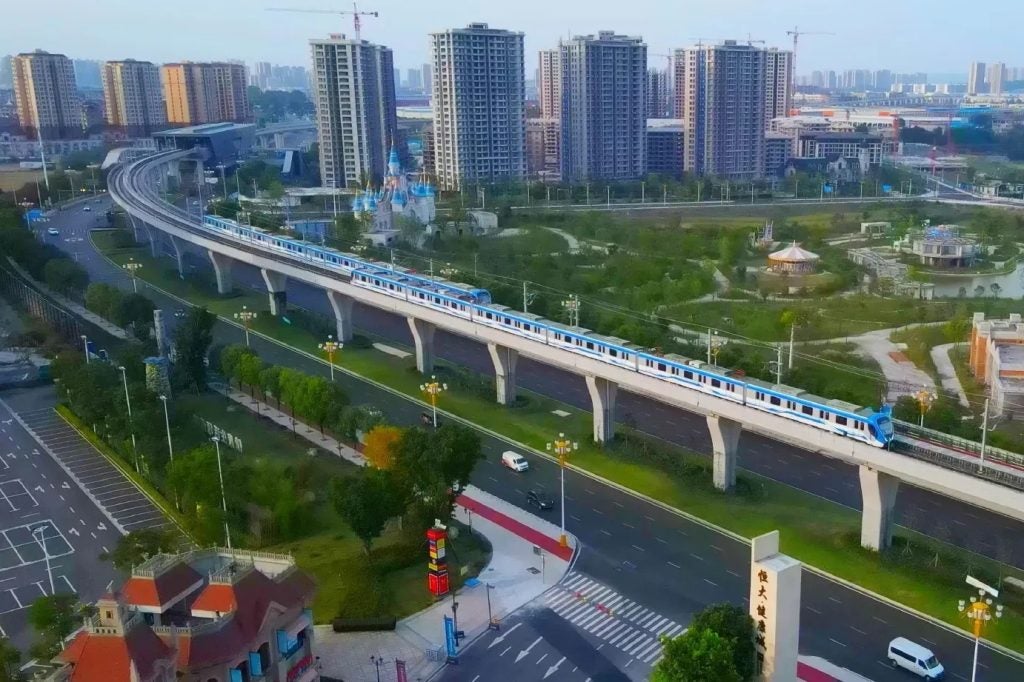
10. Ningbo–Cixi Railway, China: $4.6bn
The Ningbo Line 10 Municipal Railway Development Company is constructing an intercity railway line between Ningbo City and the neighbouring city of Cixi to the north of Ningbo in Zhejiang, eastern China.
How well do you really know your competitors?
Access the most comprehensive Company Profiles on the market, powered by GlobalData. Save hours of research. Gain competitive edge.

Thank you!
Your download email will arrive shortly
Not ready to buy yet? Download a free sample
We are confident about the unique quality of our Company Profiles. However, we want you to make the most beneficial decision for your business, so we offer a free sample that you can download by submitting the below form
By GlobalDataThe project aims to expand the intercity railway line from the existing Kongpu station on Line 2 of the Ningbo Metro to the Cixi High-Speed Railway Station, allowing passengers to transfer to the Nantong–Suzhou–Jiaxing–Ningbo high-speed railway.
The CNY32bn ($4.6bn) project involves the construction of a 64km (39.8-mile) intercity rail line, The underground line is about roughly 16km (9.9 miles) of which will be underground with a 1.4km (4,593 foot) mountain tunnel section.
It includes the construction of 13 new railway stations (six underground stations and seven elevated stations), bridges, and tunnels. The project also involves building new administrative facilities, and the installation of signal and safety systems.
Construction on the railway line, which will be called Line 10 on the Ningbo Metro network, began in May 2023 and is expected to be completed by the end of 2026.
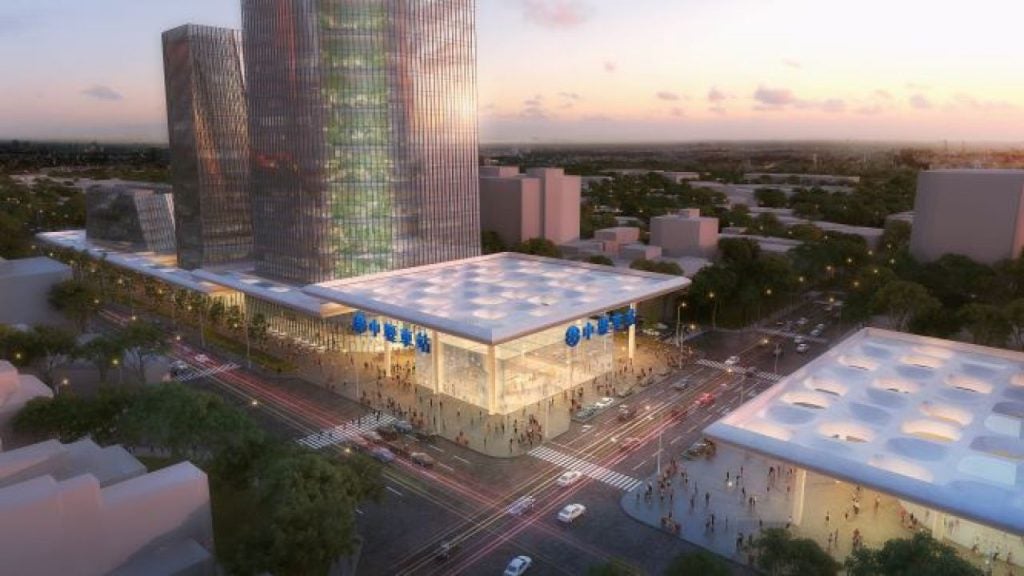
9. Taoyuan Underground Railway, Taiwan: $4.7bn
The Taiwan Ministry of Transportation and Communications (MOTC) is constructing a new underground rail line from Puxin Station to Yingge Station in Taoyuan, Taiwan.
The new connection is designed to relieve stress on the Western Trunk Line, which passes through both stations. The Western Trunk Line is Taiwan’s busiest railway, carrying over 161 million passengers per year.
The TWD155.6bn ($4.7bn) project involves the construction of a 24km (14.9 mile) railway line with underground stations, a depot, and control rooms, and installing signalling, lighting, and safety systems.
Construction on the line, contracted to Gamuda Engineering, began in June 2023 and is estimated to be completed by the end of 2026.
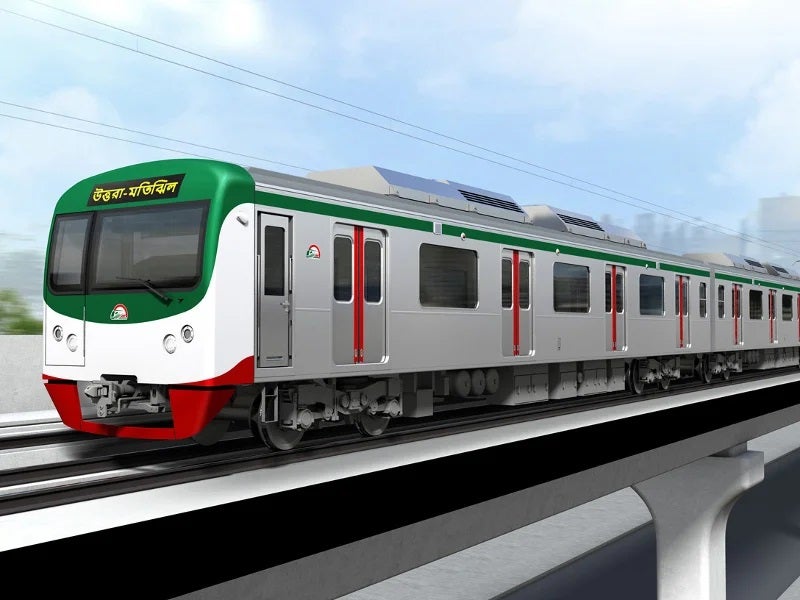
8. Dhaka Metro Line I, Bangladesh: $4.7bn
The Dhaka Mass Transit Company (DMTCL) is building a new Metro Line, Line 1, in Dhaka, Bangladesh. The TK525.6bn ($4.7bn) project involves the construction of Line 1, a 31.2km (19.4 mile) metro line from Dhaka Airport Road to Purbachal, split into the Airport Line and Purbachal Line.
Line 1 is designed to carry one million passengers per day and will be the first underground metro railway in the region.
The Airport Line involves the construction of a 19.9km (12.4 mile) underground metro rail from the Hazrat Shahjalal International Airport to Kamalpur Railway Station, including 12 new underground stations.
The Airport Line will connect to the Purbachal Line at Notun Bazar station, which will include seven additional new stations. The Purbachal Line, running from Kamalapur to Purbachal New Town, involves the construction of an 11.4km (7.1 miles) elevated metro line with seven overhead stations.
The project also includes the construction of pedestrian ways, the installation of the lighting system, and overhead sign structures.
Tokyu Construction and Max Infrastructure are contracted for the construction of the line, which broke ground in February 2023. The expected completion date of the Dhaka Metro Line I is towards the end of 2028.
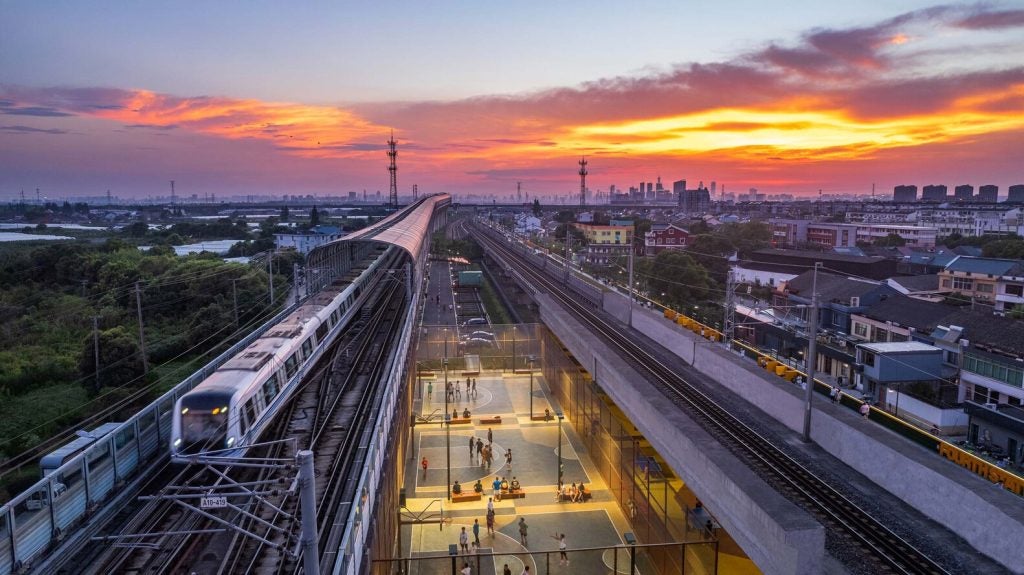
7. Ningbo Metro Line 6, China: $4.8bn
A second planned expansion of the Ningbo Metro to feature on this list, the Ningbo Rail Transit Group is building the new Line 6 line of the Ningbo Metro network, running from Ningbo West Railway Station to Honglian Station in the east of the city.
The CNY31.5bn ($4.8bn) project involves the construction of a 39.6km (24.6 mile) metro line comprising 24 new stations. It is part of the second expansion plan for the metro to be approved, which includes the building of new Lines 6, 7, and 8, extensions to Lines 1 and 4, as well as two regional lines – the aforementioned Cixi connection and a line to Xiangshan.
The Line 6 expansion also includes the construction of new administrative facilities, and the installation of signalling, lighting, and safety systems.
Construction work for Line 6 commenced in April 2023 and is expected to be completed by September 2027.
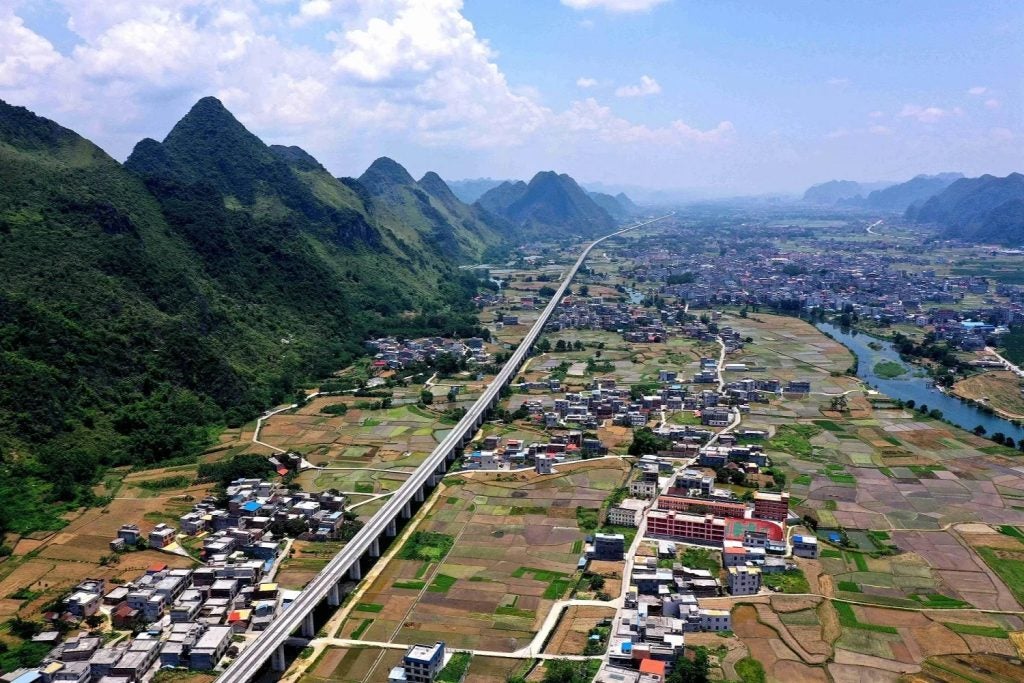
6. Huangtong–Baise Railway, China: $4.9bn
The Guangxi Railway Investment Group Company (GRIG) is planning to build a railway line in southern China between Huangtong, Guangzhou to Baise, Guangxi.
The CNY33.9bn ($4.9bn) project involves the construction of a 314.6km (195.5-mile) railway line with 18 new stations. The 160km/h (99.4mph) line is a national Class I single-track electrified railway comprising 302.9km (125.5 miles) of the new railway and the remaining 11.7km (7.3 miles) using the existing Yongle-Baise section of the Nanning-Kunming Railway
The project also includes the construction of control rooms and bridges; and the installation of a communication network, signalling systems, and interlocking systems.
Construction on the project started in December 2023 and is scheduled to be completed in December 2028.
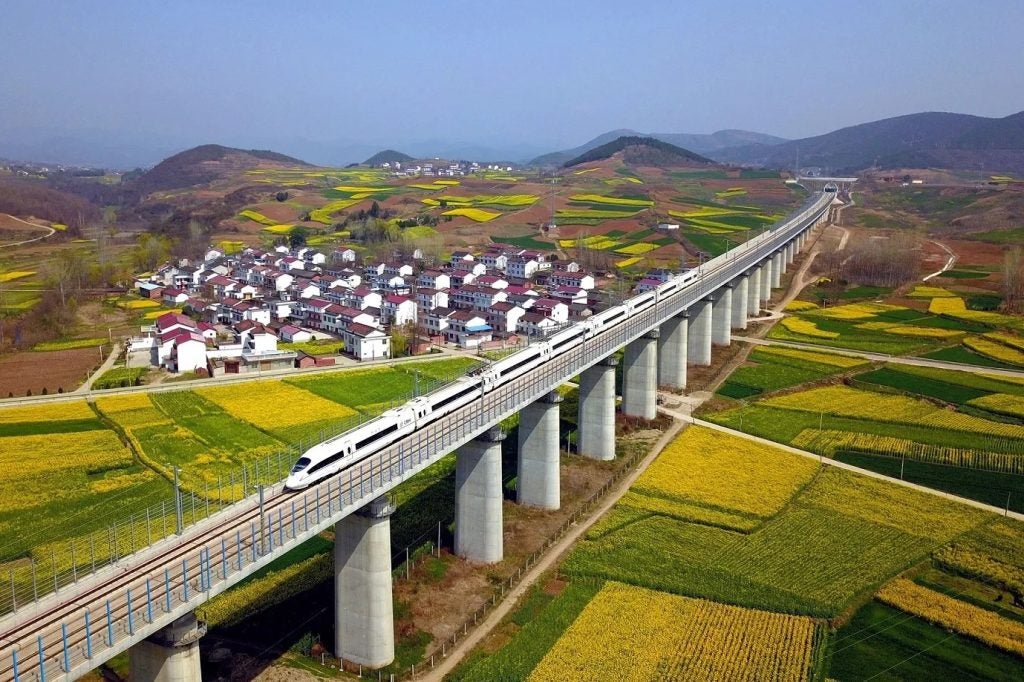
5. Yan’an-Yulin High Speed Railway, China: $5.6bn
The Shaanxi Province Railway Group Company is constructing a new high-speed railway line to provide new connections between the Shaanxi province in Northwest China and the southern province of Guangxi province.
The CNY41.5bn ($5.6bn) project involves the construction of a 239.7km (148.9-mile) high-speed railway line with a designed speed of 350km/h (217.5mph) connecting Yan’an in Shaanxi province to Yulin in Guangxi. The line is part of China’s planned “Eight Vertical and Eight Horizontal” high-speed rail network.
The project includes the construction of six new stations, bridges, tunnels, control rooms and parking spaces, as well as the installation of electrical equipment, lighting systems, and safety systems.
China Railway confirmed that construction on the project had started in November 2023 and the new line is expected to be completed by the end of 2027.
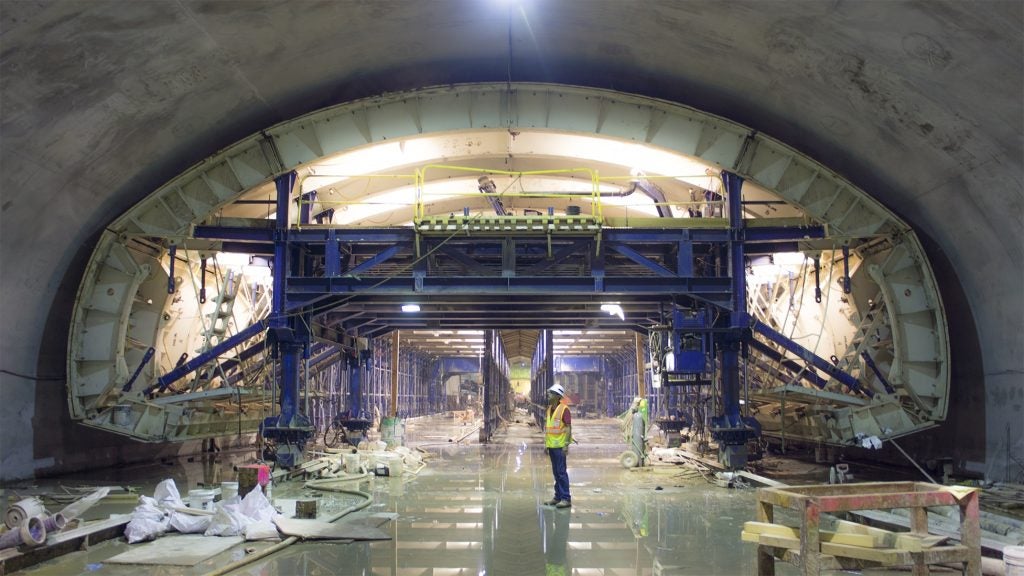
4. Tehran Metro Expansion, Iran, $5.8bn
Tehran Urban & Suburban Railway Company is expanding the Tehran Metro in the city of Tehran, Iran, with three new lines. Line 8 is a planned circular line with 34 stations – 21 of them newly built. Line 9 is another circular line, with 39 stations – 27 of them newly constructed.
Line 10, with 35 stations, will run along a west-east corridor from Vardavard Metro Station in the west of Tehran towards the area of Kosar aqueduct in the east, with an interchange to the extended line 4.
The IRR243.8trn ($5.8bn) project involves the construction of new metro lines, new tunnels, high and low-pressure energy systems, workshops, and an automatic fare collection system. It also involves the installation of safety systems, control facilities, signalling systems, and switching and communications systems.
Excavation work for metro line 10 commenced in August 2023. All three lines are expected to be completed by the start of 2029.
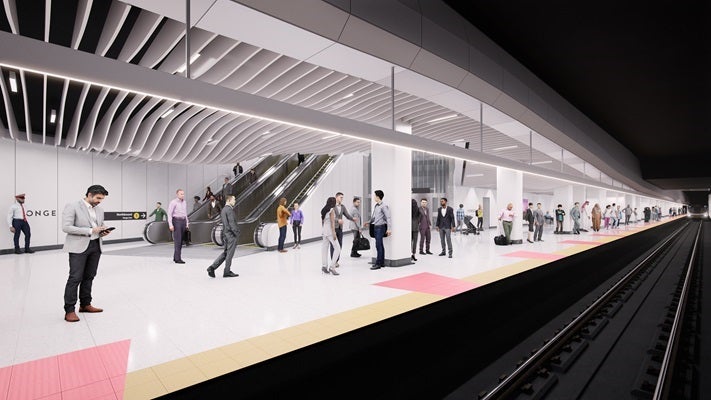
3. Toronto Yonge Subway Extension, Canada: $6.8bn
The Regional Municipality of York, in partnership with York Region Rapid Transit Corporation, the City of Toronto, and the Toronto Transit Commission, are undertaking the Yonge Subway Extension project in Ontario, Canada. The extension is part of the Metrolinx Regional Transportation Plan announced in 2008.
The CAD9.3bn ($6.8bn) project involves the 8km (5 mile) extension of the Yonge Subway line north from its current terminus at Finch Station in the City of Toronto, to the Richmond Hill Centre at Yonge Street and Highway 7 in the Town of Richmond Hill.
Five stations will be developed as a part of an extension project, with an average spacing of 1.5km (0.9 miles). Of the proposed five stations; two stations will be located in Toronto (Cummer/Drewry and Steeles) and three stations in York (Clark, Langstaff/Longbridge, and Richmond Hill Centre).
The project will include the construction of a bridge over East Don River, alignment in Richmond Hill Centre west of Yonge Street, and 2,000 commuter parking facilities at Langstaff/Longbridge Station.
Construction activities on the extension commenced in February 2023, with an estimated completion date of 2030.
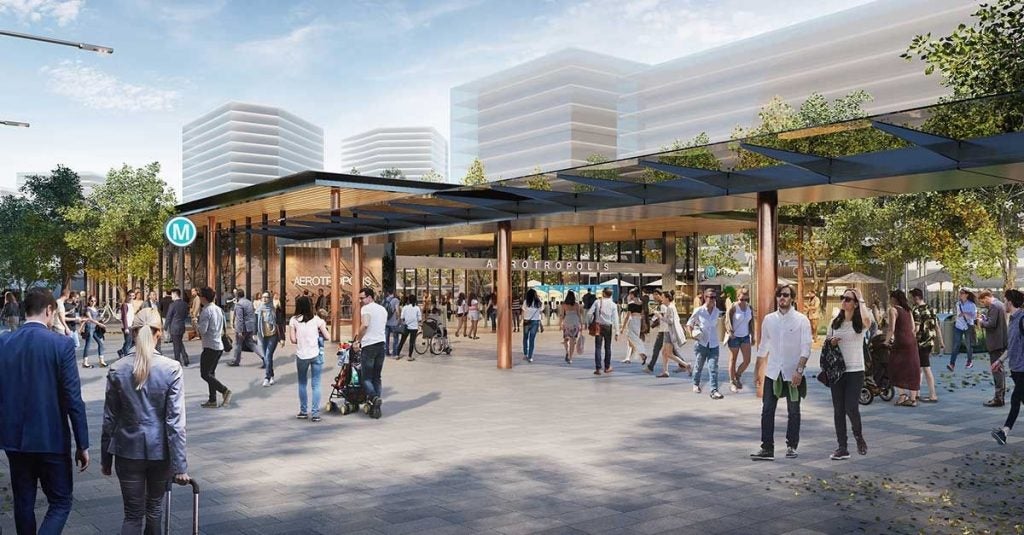
2. Sydney Metro Western Sydney Airport, Australia: $7.2bn
The Government of New South Wales, through Transport for NSW, is constructing a 23km (14.3 mile) driverless metro rail line to link the suburb of St Marys to the centre of the new Aerotropolis via the new Western Sydney International Airport in Sydney.
The AUD10.5bn ($7.2bn) project includes the construction of six metro stations: St Marys, Orchard Hills, Luddenham, two stations within the airport site – Airport Business Park and Airport Terminal – and a station at Western Sydney Aerotropolis.
The line is proposed to run via 10km (6.2 miles) of twin metro railway tunnels between the six metro stations. It also includes an interchange at St Marys to link the line to the existing suburban railway system, 3.5km (2.2 miles) of the elevated viaduct at Orchard Hills and Luddenham, 6.7km (4.2 miles) of earthworks for track formation, a 190m (623 foot) long rail bridge over the new M12 motorway, a 20m (66 foot) rail bridge within the airport, access roads and bulk earthworks for the stabling and maintenance facility site.
Construction on the project, which is estimated to create 14,000 new jobs and 250 during construction for the New South Wales and Australian economies, began at the end of 2023 and is expected to be completed in 2026.
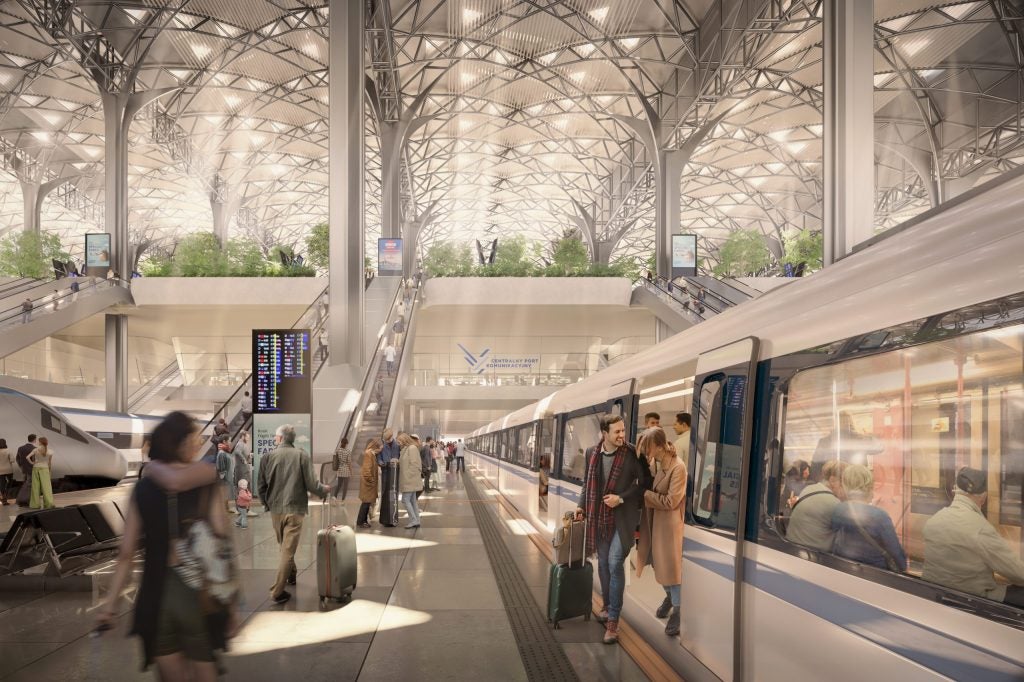
1. Central Communication Port, Poland: $8.9bn
The Solidarity Transport Hub, otherwise known as the Central Communication Port, is a Polish megaproject, building a new airport from scratch 40km (25 miles) southwest of Warsaw.
The PLN35bn ($8.9bn) project includes the construction of the new airport, including two runways, terminal buildings, commercial and retail units, as well as parking facilities and connecting roads.
The megaproject also includes building a new airport city, modernising 2,400km (1,491 miles) of existing railway lines and constructing 1,800km (1,119 miles) of new high-speed railway lines – consisting of 10 major corridors – as well as building a new controlled-access highway network connection.
The planned railway lines will result in a 15-minute journey time to Warsaw Central Railway Station and 25 minutes to Łódź Fabryczna railway station. The construction of a high-speed connection to Frankfurt (Oder) is also planned, which will reduce the travel time between the airport and Berlin by rail to under 3.5 hours.
Construction on the airport, which will act as a hub for LOT Polish Airlines, commenced in October 2023, with the first phase of the airport and a few sections of the railway lines anticipated to be completed by the fourth quarter of 2027.



